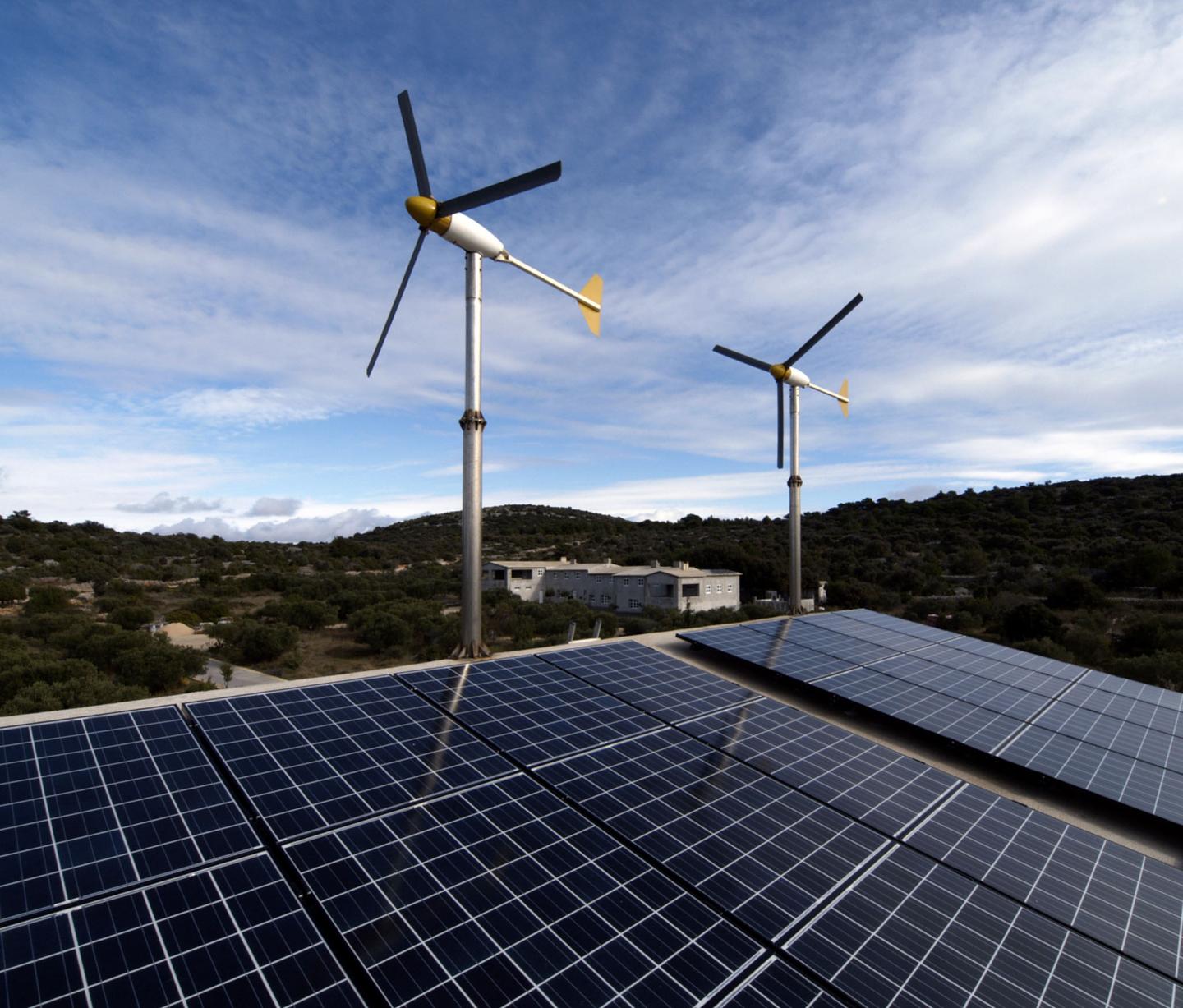
Credit: Nenad Kaji? via Wikimedia Commons
DURHAM, N.C. – The global spread of green technologies must quicken significantly to avoid future rebounds in greenhouse gas emissions, a new Duke University study shows.
"Based on our calculations, we won't meet the climate warming goals set by the Paris Agreement unless we speed up the spread of clean technology by a full order of magnitude, or about ten times faster than in the past," said Gabriele Manoli, a former postdoctoral associate at Duke's Nicholas School of the Environment, who led the study.
"Radically new strategies to implement technological advances on a global scale and at unprecedented rates are needed if current emissions goals are to be achieved," Manoli said.
The study used delayed differential equations to calculate the pace at which global per-capita emissions of carbon dioxide have increased since the Second Industrial Revolution — a period of rapid industrialization at the end of the 19th century and start of the 20th. The researchers then compared this pace to the speed of new innovations in low-carbon-emitting technologies.
Using these historical trends coupled with projections of future global population growth, Manoli and his colleagues were able to estimate the likely pace of future emissions increases and also determine the speed at which climate-friendly technological innovation and implementation must occur to hold warming below the Paris Agreement's 2o C target.
"It's no longer enough to have emissions-reducing technologies," he said. "We must scale them up and spread them globally at unprecedented speeds."
The researchers published their peer-reviewed findings December 29 in the open-access journal Earth's Future.
The analysis shows that per-capita CO2 emissions have increased about 100 percent every 60 years — typically in big jumps — since the Second Industrial Revolution. This "punctuated growth" has occurred largely because of time lags in the spread of emission-curbing technological advances, which are compounded by the effects of rapid population growth.
"Sometimes these lags are technical in nature, but — as recent history amply demonstrates — they also can be caused by political or economic barriers," Manoli explained. "Whatever the cause, our quantification of the delays historically associated with such challenges shows that a tenfold acceleration in the spread of green technologies is now necessary to cause some delay in the Doomsday Clock."
Manoli, who is now on the research staff at ETH Zurich's Institute of Environmental Engineering, conducted the new study with Gabriel G. Katul, the Theodore S. Coile Professor of Hydrology and Micrometeorology, and Marco Marani, professor of ecohydrology. Katul and Marani are faculty members at Duke's Nicholas School of the Environment with secondary appointments in the Department of Civil and Environmental Engineering at Duke's Pratt School of Engineering.
###
Funding for the study came from the National Science Foundation (grants EAR-1344703 and EAR-1530233), and from the Duke WISeNet Program, sponsored by NSF grant DGE-1068871.
CITATION: "Delay-induced Rebounds in CO2 Emissions and Critical Time-Scales to Meet Global Warming Targets," Gabriele Manoli, Gabriel G. Katul, Marco Marani. Earth's Future. Dec. 29, 2016. DOI: 10.1002/eft2.2016EF000431
Media Contact
Tim Lucas
[email protected]
919-613-8084
@DukeU
http://www.duke.edu
############
Story Source: Materials provided by Scienmag





